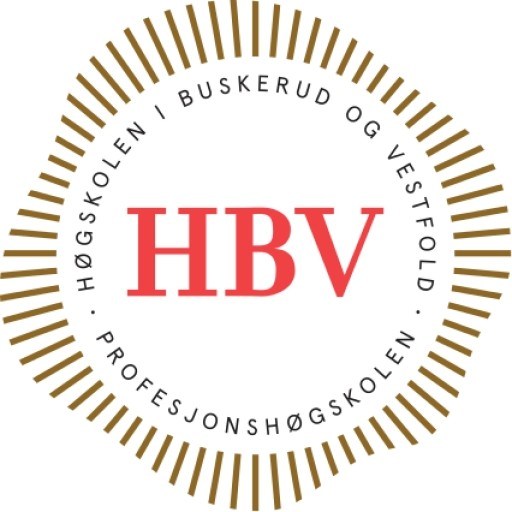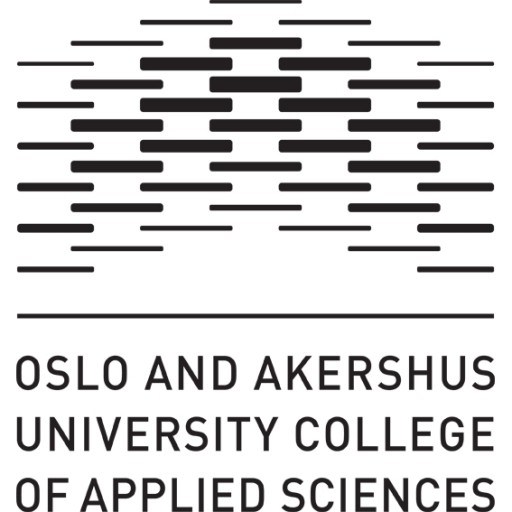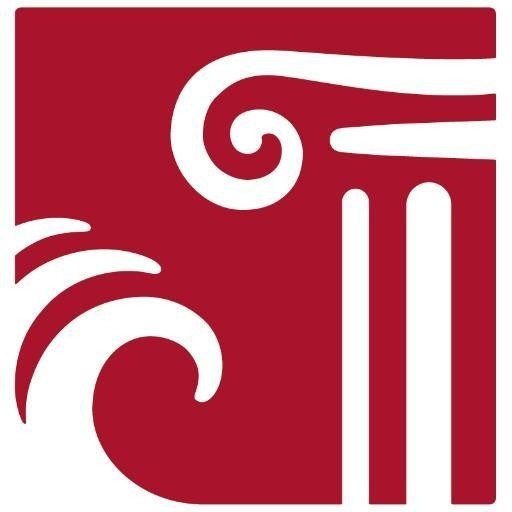Photos of university / #unioslo
The Master's Programme in Information and Communication Technology Law at the University of Oslo is a specialized advanced degree designed for students who aspire to become experts in the legal aspects of information technology, digital communication, and data management. This program offers a comprehensive curriculum that combines legal theory with practical applications, preparing graduates to navigate the complex legal frameworks governing information technology practices across various sectors. Throughout the program, students will explore key issues such as data protection and privacy law, intellectual property rights related to digital content, cybersecurity regulations, telecommunications legislation, and ethical considerations in technology deployment. The program emphasizes critical thinking, legal analysis, and policy development skills, enabling students to advise organizations, government agencies, or engage in academic research. The coursework includes modules on European Union ICT law, international data transfer regulations, accessibility law, and emerging legal challenges posed by new technologies like artificial intelligence and blockchain. Students also have opportunities to participate in internships, seminars, and research projects, fostering a close connection between academic knowledge and real-world applications. Graduates of this program are well-equipped to work as legal advisors, compliance officers, policy makers, and researchers in fields related to information and communication technology. The University of Oslo's program benefits from distinguished faculty members with expertise in ICT law and an active network of industry and governmental partners. With a combination of theoretical grounding and practical experience, graduates will be prepared to influence legal policy and contribute to the development of just and effective regulatory frameworks in the digital era.
The Master’s programme in Information and Communication Technology Law at the University of Oslo offers a comprehensive and in-depth exploration of the legal frameworks governing digital information and communication technologies. This programme is designed to equip students with a thorough understanding of the legal challenges and regulations associated with information technology, data protection, intellectual property rights, cyber security, and digital innovation. Through interdisciplinary coursework, students will examine the intersection of law, technology, and society, gaining insights into how legal policies influence the development and implementation of information and communication systems.
The curriculum covers fundamental topics such as principles of data privacy and protection, regulations on electronic communications, legal aspects of artificial intelligence and machine learning, cybersecurity legislation, and the ethical considerations surrounding emerging technologies. Students will analyze key international legal instruments, European Union regulations, and national laws that shape the digital landscape. Practical skills are developed through case studies, legal analysis exercises, and interactive seminars, preparing graduates to advise on legal compliance, develop strategic policies, or pursue careers in legal consultancy, policy-making, or academia.
The programme emphasizes active engagement with current issues in ICT law, encouraging critical thinking and informed debate on topics like digital rights, freedom of expression, and responsible innovation. Students will have opportunities to participate in seminars, workshops, and collaborative projects, often involving industry partners and legal experts. The university’s strong focus on research ensures that students are exposed to the latest developments and scholarly debates in the field.
Graduates of this programme will be well-prepared for roles in law firms, government agencies, private companies, and international organizations dealing with Digital Law and Policy. They will have the legal expertise necessary to navigate the complexities of the digital environment, contribute to policy development, and ensure compliance with evolving legal standards. This programme provides an ideal foundation for those passionate about shaping the future of law in the digital age, combining legal theory with practical application in a rapidly changing technological landscape.
The Master’s programme in Information and Communication Technology Law at the University of Oslo requires applicants to hold a relevant bachelor's degree or equivalent in law, information technology, or a related field. Admission is competitive and based on academic merit, relevant experience, and motivation for studying the programme. The curriculum is designed to provide students with comprehensive knowledge of the legal frameworks governing information and communication technologies, including data protection, intellectual property, cybersecurity, and digital rights. Students will engage with both fundamental legal principles and contemporary issues arising from technological advancements.
The programme comprises coursework totaling approximately 120 ECTS credits, including mandatory core courses, electives, and a master’s thesis. Core courses cover topics such as legal aspects of information security, privacy law, regulation of Internet services, and legal methodologies. Electives allow students to tailor their education to specific interests such as digital innovation, e-commerce law, or media law. During the coursework, students develop analytical and critical thinking skills vital for interpreting complex legal situations related to ICT.
A significant component of the programme is the master's thesis, which involves independent research under faculty supervision. The thesis enables students to explore a specific topic in ICT law in depth, contributing original insights to the field. The programme emphasizes practical skills, including legal analysis, policy evaluation, and the application of law in technological contexts. Throughout the study, students are encouraged to participate in seminars, workshops, and internships to enhance their practical understanding and professional competence. Graduates of the master's programme are well-equipped for careers in legal advisory roles, policy development, regulatory bodies, or further academic research in ICT law, supporting the evolving legal landscape driven by rapid technological change.
The MSc in Information and Communication Technology Law at the University of Oslo offers several financing options to support students throughout their studies. Norwegian and European Union/European Economic Area (EU/EEA) students are generally eligible for various funding opportunities, including government grants and loans available through the Norwegian State Educational Loan Fund (Lånekassen). This fund provides financial support covering tuition fees and living expenses, with terms designed to assist students in managing their financial needs during the program. To qualify, students must meet specific criteria, including Norwegian or EEA residency status, and submit the necessary documentation within designated deadlines.
International students from outside the EU/EEA are typically responsible for financing their studies independently, as they often do not have access to Norwegian student loans or grants. They may consider options such as scholarships, private loans, or savings. The University of Oslo offers limited merit-based scholarships and tuition waivers for highly qualified applicants, which can significantly reduce financial burdens. These scholarships are competitive and awarded based on academic excellence and motivation.
Additionally, students are encouraged to explore external funding sources, including governmental scholarship programs from their home countries, international organizations, and private foundations. Some students also consider part-time employment opportunities approved by the Norwegian immigration authorities, allowing them to work alongside their studies up to a specified number of hours per week.
The university provides comprehensive guidance and resources on financial planning and scholarship applications through their dedicated student services. It is recommended that students starting the program plan their finances well in advance, considering tuition fees, living costs in Oslo, insurance, and other expenses. Overall, while Norwegian residents and EEA students enjoy substantial financial support options, international students should actively seek alternative funding opportunities to ensure a smooth academic journey without financial stress.
Information and Communication Technology Law at the University of Oslo offers a comprehensive interdisciplinary program that combines legal studies with technical knowledge related to information and communication technologies. The program is designed for students interested in understanding the legal challenges associated with the digital environment, including issues related to data protection, cyber security, intellectual property, and regulation of digital platforms. It aims to prepare graduates for careers where legal expertise is needed to navigate the rapidly evolving ICT landscape. students will acquire in-depth knowledge of international and Norwegian legal frameworks governing ICT, along with technical understanding of how digital systems operate. The curriculum includes courses on data privacy and security, cybersecurity law, e-commerce, intellectual property rights, and digital governance. The program emphasizes both theoretical legal principles and practical skills such as drafting legal documents, evaluating legal risks, and understanding technological concepts. The teaching methodology combines lectures, seminars, case studies, and project assignments, often involving collaboration with industry partners and experts. Graduates of this program are equipped to work in various sectors including law firms, governmental agencies, international organizations, technology companies, and research institutions. The program also provides a solid foundation for those wishing to pursue doctoral studies or specialized further education. The program duration typically spans two years of full-time study, and students are encouraged to participate in internships and practical training to enhance their employability. The University of Oslo’s program is recognized for its multidisciplinary approach, integrating legal, technological, and societal perspectives to address contemporary ICT challenges. It has strong connections with the industry and offers students opportunities for networking, conferences, and workshops. Graduates of this program will be skilled in analyzing legal issues related to emerging technologies, designing compliant digital solutions, and contributing to policy development in the ICT sector. Overall, the Master in ICT Law at the University of Oslo prepares students for the complex legal landscape of digital innovation and provides them with essential skills to influence the future of digital policy and regulation globally.






